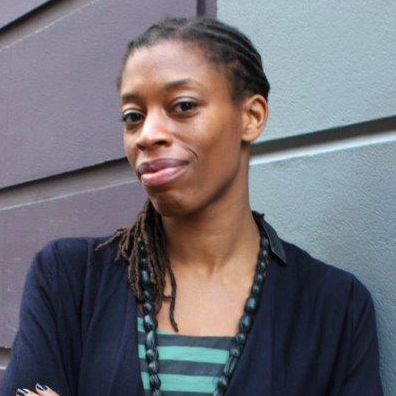Great teams are those where each team member has the ability, and the opportunity, to think strategically. Everyone has insights from their day-to-day work that can provide useful information to contribute to the direction of a company. Previously, it might have been okay for someone to be only focused on their role, because they relied on a manager to fit all the parts of the team together. But for teams that are more autonomous, self-managed, fluid and temporary, thinking strategically and having a long-term view is a key aspect of working effectively together.
 Alison Coward, Founder, Bracket Creative; alison@bracketcreative.co.uk
Alison Coward, Founder, Bracket Creative; alison@bracketcreative.co.uk
Alison will be speaking at the Business Analysis Conference Europe 24-26 September 2018 on the subject ‘Initiating and Leading Collaborative Projects‘
This article was previously published here.
Firstly, it helps us to understand why collaboration is necessary – how everyone skills come together to contribute to a bigger goal. This makes it easier to ride through the conflicts and the messy moments where you get stuck, because you can see what you are trying to achieve together.
It also keeps us motivated and connected to the “purpose” – one of the three aspects (along with mastery and autonomy) that Daniel Pink describes in “Drive” as essential for motivation in the knowledge economy. Pink defines purpose as “the deep motivation and engagement that people have when they feel that they are working towards something much bigger than themselves”
Run a team workshop to think about the “big picture”
When teams get lost in the details of the day-to-day, they need to be reminded of the bigger picture to keep them moving forward. That’s where a team workshop will come in handy. This is an opportunity for you all to get together to think at a higher level and explore your overall direction. I call these…inventively… “Big Picture Thinking” sessions, and they cover the following areas:
- Reflection: looking back on what’s happened successes and failures, and what you’ve learned from that.
- Thinking wide: looking outside at inspiration from beyond your team, business and even your sector at influences that could have an impact on your work.
- Generate new ideas: looking forward towards the future, to consider what you could do.
Here’s a template for a “big picture thinking” session. It’s a great process to decide where you’ll focus next and to get aligned around key goals.
A couple of things to remember if you decide to run a session like this:
- If you’re facilitating the workshop, don’t get involved in the discussion
Your role as a facilitator is to stay objective and keep the discussion on track – difficult to do if you’re also trying to put forward your own ideas. If you do feel that you need to be involved, ask someone else to facilitate for you.
- This is just the start of further discussions
It’s unlikely that you’ll make any concrete discussions or fully develop ideas in a session like this. Think of it more of a kickstart, and give your team more time after the session to digest and incubate ideas. As the facilitator, there will be more work to do for you in pulling together the ideas and keeping the momentum going by turning ideas into action.
Because of the increasing complexity and uncertainty that we’re now operating in, when team members are able to take a step back and think strategically, they stay connected to the overall direction they are going in, and also have an opportunity to help shape it.
When will you run your next “big picture thinking” session?
Alison Coward is the founder of Bracket and author of “A Pocket Guide to Effective Workshops”. She is a strategist, trainer and workshop facilitator. With over 15 years’ experience of working in, leading and facilitating creative teams, Alison is passionate about finding the perfect balance between creativity and productivity. At Bracket she helps teams to use the best of their talents to develop great ideas and collaborate to make them happen.
Copyright Alison Coward, Founder, Bracket Creative

